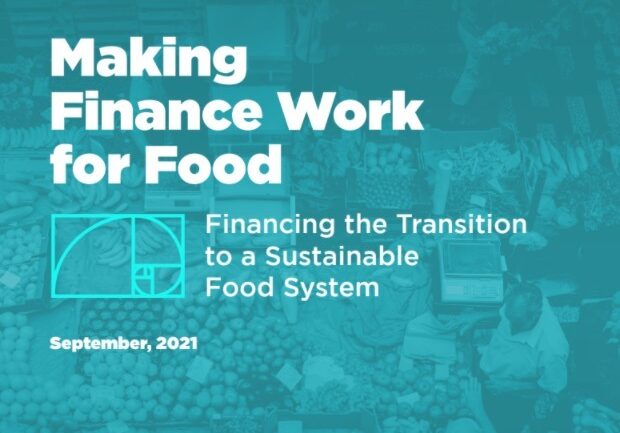Global finance shapes the food system, and public and private financing decisions shape how the food system impacts people and the planet.
Today’s global food system – valued at US$8trillion a year and accounting for almost 10 percent of the global economy – is fundamentally unviable as a result of its contribution to climate change, destruction of biodiversity, unstable food prices and security, and provision of low quality, low paid jobs.
Indeed, these unpaid-for negative impacts have been estimated to be worth US$12 trillion by the World Bank – significantly more than the food systems’ annual economic value.




